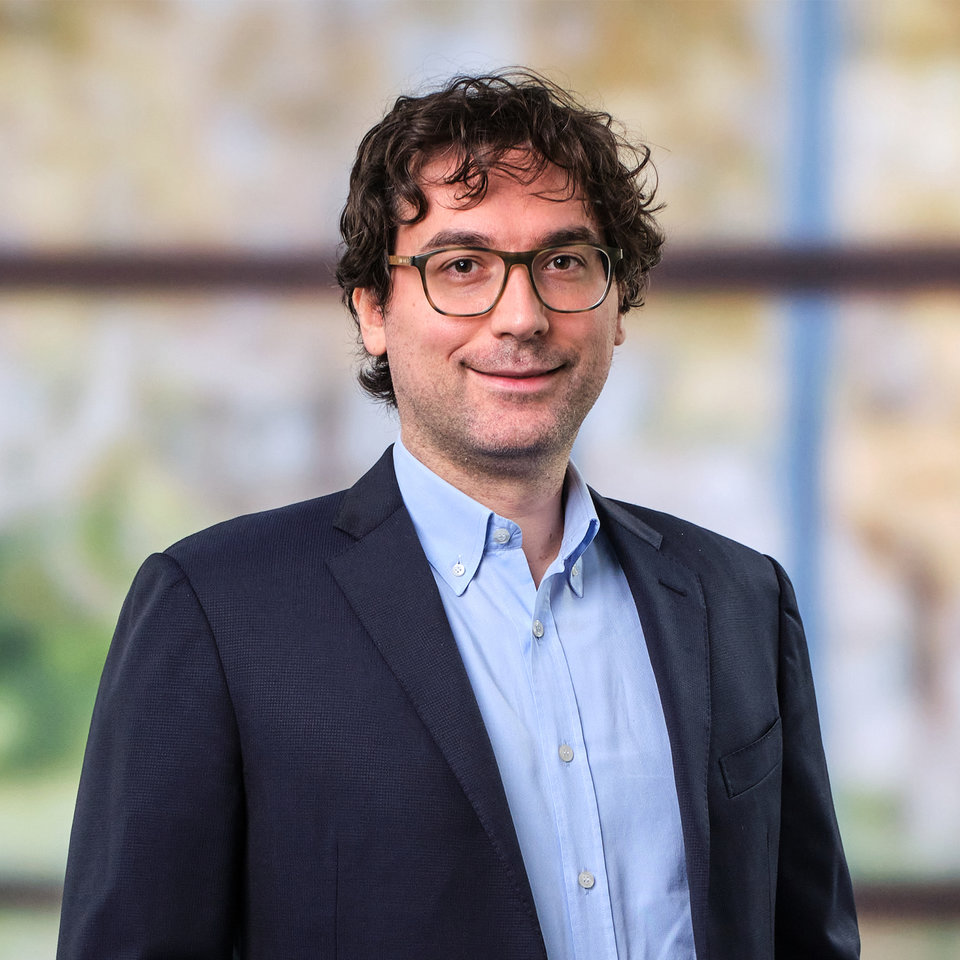Michael Klenk and Giacomo Marangoni receive ERC Starting Grant
The European Research Council (ERC) has announced the ERC Starting Grants for young researchers. This European grant of €1.5 million for a five-year research programme is intended to enable individual scientists to build their own teams and pursue innovative projects. TPM researchers Michael Klenk and Giacomo Marangoni have been awarded the ERC Starting Grant for their groundbreaking research.
Michael Klenk, Technology, Policy and en Management, Values, Technology and Innovation CareNow – Careful, now! A New Socio-Structural Theory of Manipulation and its Normative Status Michael Klenk is an assistant professor in the philosophy of technology at the Faculty of Technology, Policy, and Management, and a member of the Delft Design for Values Institute. He has been awarded the ERC Starting Grant for his research project, “CareNow.” This project challenges the common idea that manipulation is a form of malicious interference in the affairs of solitary, independent individuals. Instead, it aims to develop the first theory of manipulation that acknowledges our need for social support in reasoning. The theory will be the first that can explain manipulation by social systems and technology like AI. It’s innovative methodology combines a conceptual, philosophical investigation of manipulation with experimental studies.
Interest in philosophical theories of manipulation has grown significantly in recent years. This is partly due to discussions about rising populism, political division, and events like the Cambridge Analytica scandal, where philosophical insights help identify problematic and manipulative influences. Getting the definition of manipulation right is crucial, but current theories are not well-suited for the task because they focus too much on individuals and thus cannot explain new forms of manipulation due to social systems or new technology, like AI. They assume that humans think and reason independently. However, in reality, we are social beings who rely on others and supportive technology to think and act effectively.
By challenging the idea that manipulation only involves individuals and instead focusing on social influences, CareNow is bold, ambitious, and potentially groundbreaking.
Giacomo Marangoni, Technology, Policy and Management, Multi Actor Systems RIPPLE - Redirect Innovation to foster Positive tipping Points and prevent Lock-ins in the clean Energy transition Giacomo Marangoni is assistant professor of policy analysis at the faculty of Technology, Policy and Management, and is involved with the Governance theme of TU Delft Climate Action Programme (CAP).
Marangoni has received the ERC Grant for his project "RIPPLE," which challenges key limitations of current climate-energy-economic models. These models often overestimate the costs of clean energy technologies and oversimplify related decision-making, making them particularly inadequate for exploring scenarios of and policies for disruptive transition to a green economy.
RIPPLE focuses on positive tipping points—rapid, large, and irreversible shifts towards clean energy. The project aims to develop more accurate models by exploring how innovation in green technologies can foster positive tipping, how material and financial constraints can hinder positive tipping, and how positive tipping can be triggered and detected early.
RIPPLE combines advanced economic approaches and machine learning to lay the scientific groundwork for supporting rapid and effective climate action planning, hopefully making the green economy tip before the climate does.
“Receiving this ERC grant is an extraordinary honour and an exciting opportunity. The topic of RIPPLE is incredibly relevant in today's rapidly changing climate, but it also presents significant conceptual and computational challenges. Thanks to this grant, I now have the privilege to lead a team of researchers in solving these challenges. My goal is to inspire the next generation of climate-economic models, providing more effective support to policy-makers in identifying opportunities for a fast, yet feasible and fair, transition to a green economy.”
Read more about the ERC Grant and the other TU Delft researchers who have been awarded

